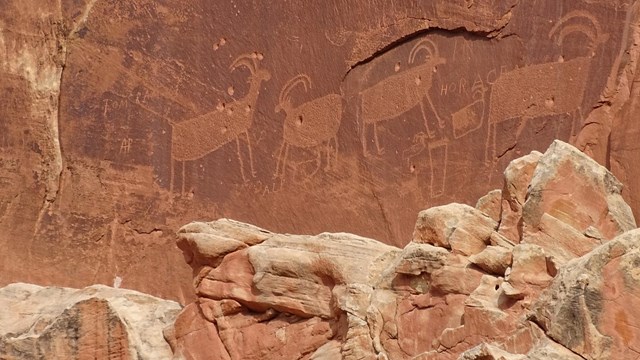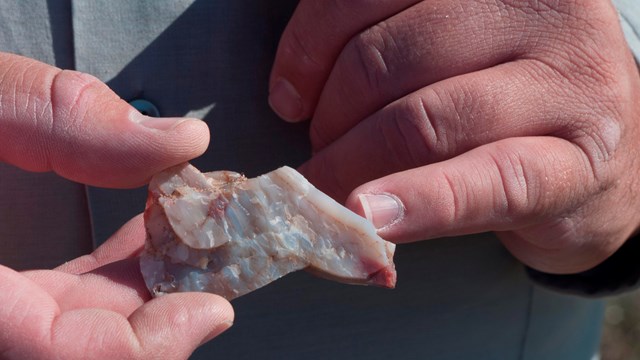Archeological resources are a vital part of our nation’s heritage. The sites and collections that comprise archeological resources are unique sources of information that powerfully evoke people, places, and history. Federal laws such as the Antiquities Act, the National Historic Preservation Act, and the Archaeological Resources Protection Act emphasize the significance of archeological resources and charge Federal agencies to protect and care for them.
The Federal Archeology Program is a network of Federal agency archeologists who work on public lands and in regional offices, research centers, and agency headquarters to care for archeological resources on behalf of the American people. The Federal Archeology Program includes activities related to the protection of archeological resources and includes archeological public education and outreach efforts. Archeological stewardship activities are carried out by:
- Federal agencies that manage archeological resources on Federal lands;
- Federal agencies that fund projects that have potential to adversely affect archeological resources, including resources on state or private lands; and
- Federal agencies that regulate or issue permits for activities that have potential to adversely affect archeological resources, including resources on state or private lands.
The history and background for the Federal Archeology Program can be traced back to the late 19th century. Legal authorities direct and guide federal archeologists' work. The Secretary of the Interior is charged with providing general guidance and coordination for all federal archeology. The Secretary has reported to Congress on federal archeological activities under the Archaeological Resources Protection Act. The Departmental Consulting Archeologist, who also serves as the Lead Archeologist of the National Park Service, assists the Secretary with these responsibilities with the support and cooperation of federal agencies.



